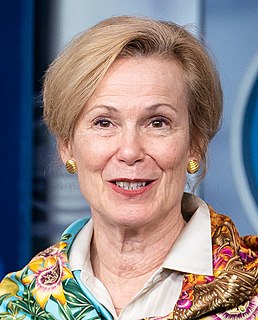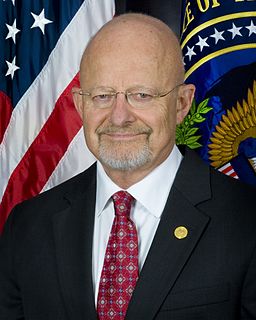A Quote by Joe Lonsdale
The Pentagon should use data to guide financial decision-making.
Related Quotes
What I learned from my work as a physician is that even with the most complicated patients, the most complicated problems, you've got to look hard to find every piece of data and evidence that you can to improve your decision-making. Medicine has taught me to be very much evidence-based and data-driven in making decisions.
Disruptive technology is a theory. It says this will happen and this is why; it's a statement of cause and effect. In our teaching we have so exalted the virtues of data-driven decision making that in many ways we condemn managers only to be able to take action after the data is clear and the game is over. In many ways a good theory is more accurate than data. It allows you to see into the future more clearly.
With customers' permission, fintech firms have increasingly turned to data aggregators to 'screen scrape' information from financial accounts. In such cases, data aggregators collect and store online banking logins and passwords provided by the bank's customers and use them to log directly into the customer's banking account.
We are all trained to be data driven people, but no hard data exist about the future. Therefore, the only way to look into the future with any degree of accuracy is to use theory, statements of what causes what and why. If executives have the right theories in their heads, they can very quickly interpret market developments. They can identify what matters and why, and act accordingly. So we suggest decision-makers should start by gaining a deep understanding of the relevant collection of theories, and then be alert for signals that indicate certain types of developments.

































